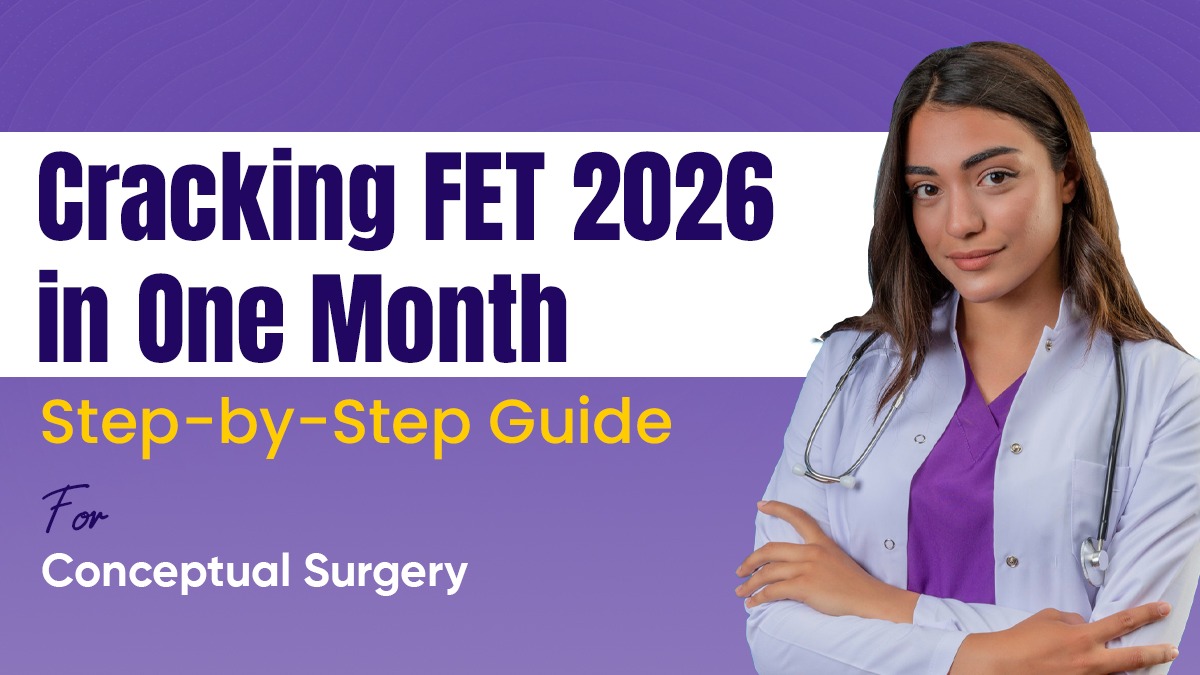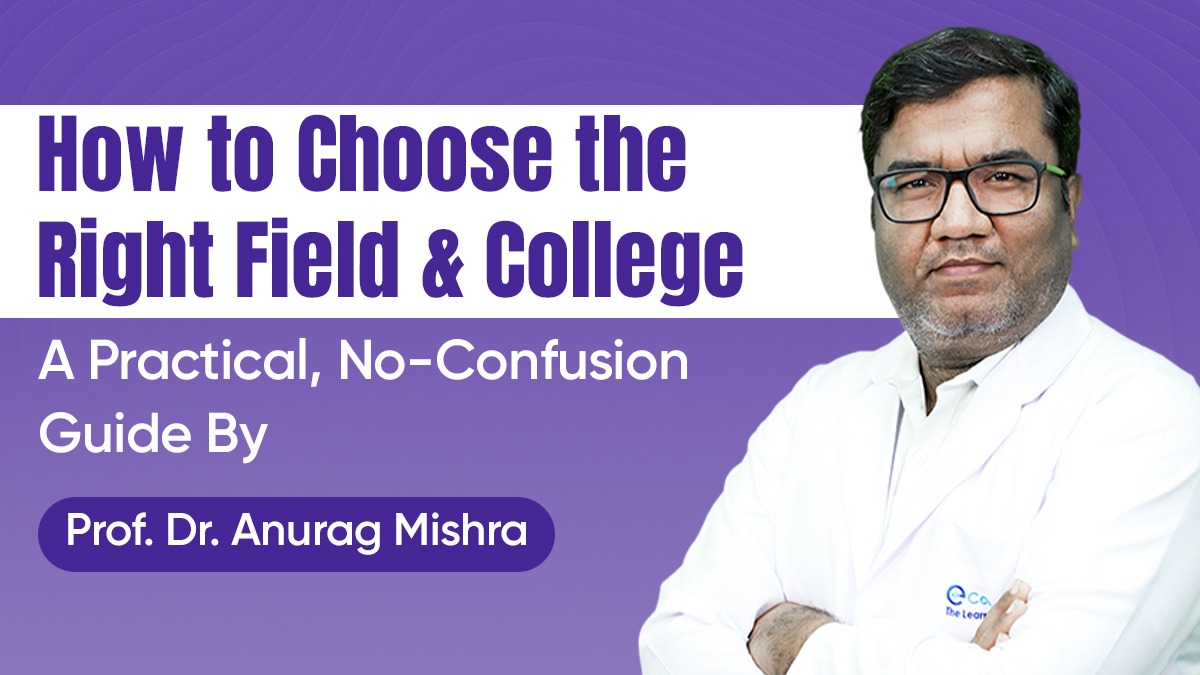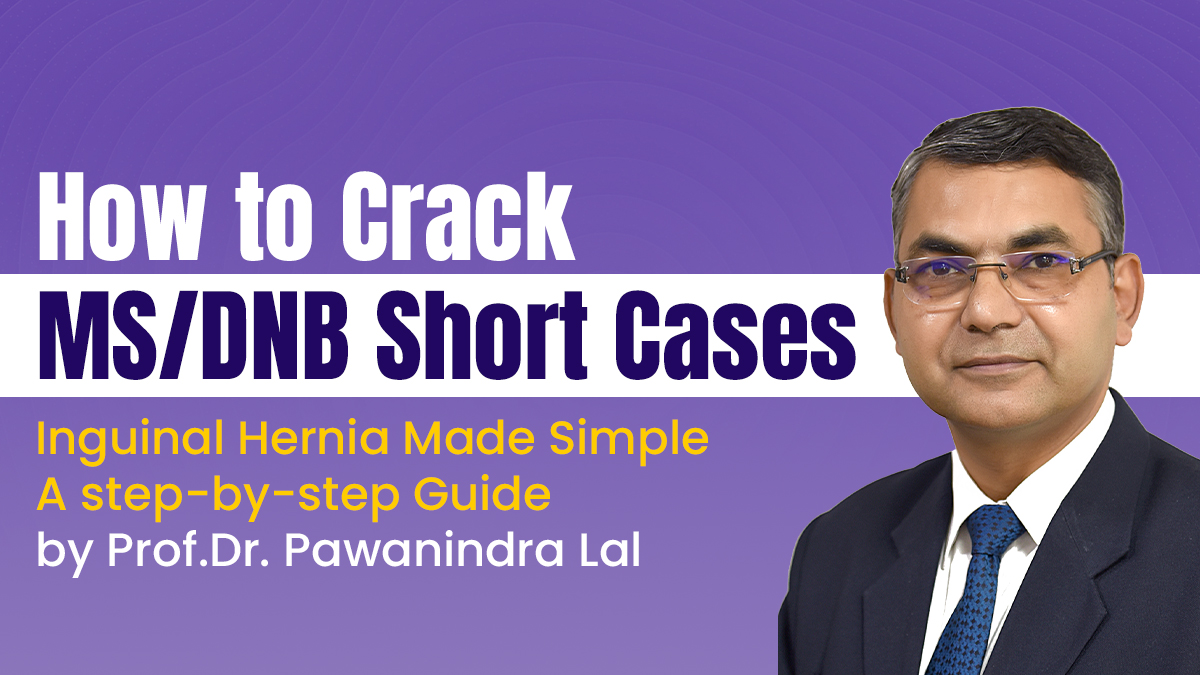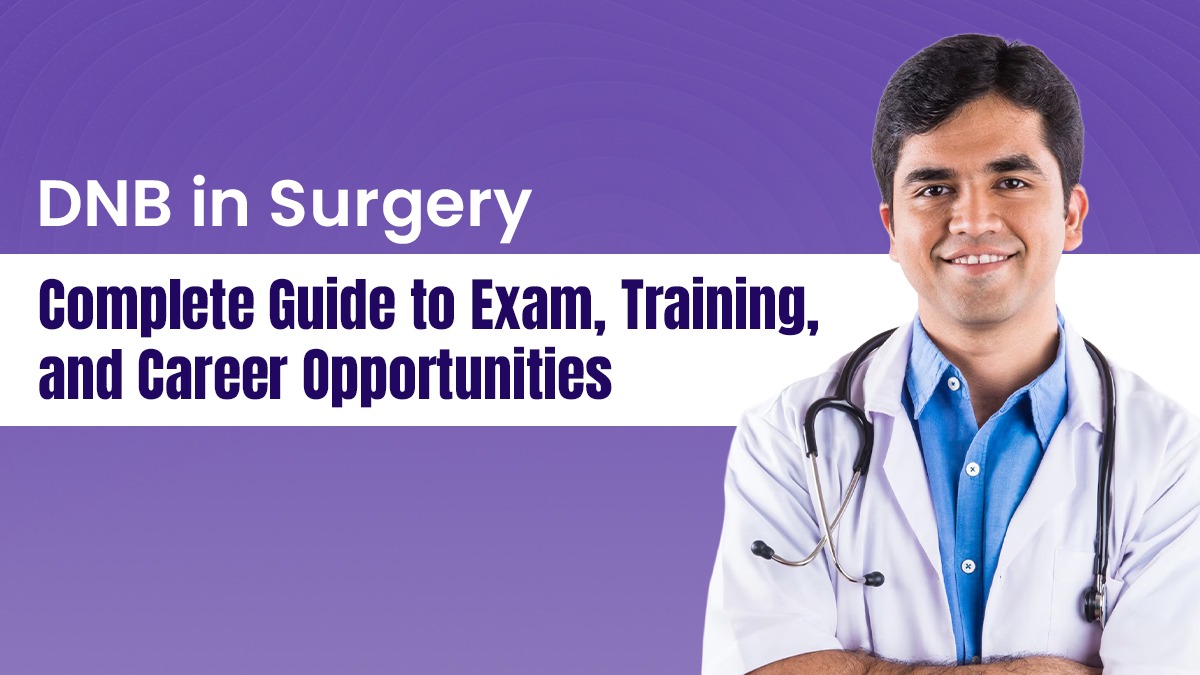Estimated reading time: 6 minutes
You’ve got one month to prepare for FET. One month. And you’re aiming for a superspecialty seat through FNB programs. Sounds impossible, right?
It’s not. But you can’t afford to waste a single day.
The Fellowship Entrance Test isn’t like your usual medical exams. NBEMS didn’t design it to reward people who cram facts the night before. Surgery candidates especially—they’re looking for something different. Can you think through a clinical problem? Do you actually understand the concept, or did you just memorize it long enough to write it down?
A lot of people preparing for NEET SS also take FET. Makes sense, it’s another door into superspecialty training. Sometimes the backup plan becomes the main plan.
Here’s how you make one month work.
What FET Actually Tests (And Why That Matters)?
Before opening a single book, understand what you’re walking into.
FET gets you into FNB programs across specialties. For surgery, it’s not testing whether you remember facts. It’s testing whether you can work through clinical scenarios. Whether you understand why something happens, not just that it happens.
People preparing for NEET SS Surgery often sit for FET too. Same reason—it’s another legitimate path into superspecialty training.
The FET 2026 Exam Pattern
You need to know the structure before you start studying. Otherwise you’re preparing blind.
Here’s what you’re dealing with:
- Computer-based exam
- Multiple choice questions
- Total questions depend on the NBEMS notification
- Takes about 2–3 hours
- Everything’s in English
What they’re really checking:
- Do you know the basics cold?
- Can you use that knowledge when it matters clinically?
- Is your understanding actually solid, or just surface-level?
Go through old FET question papers. Look at the FET 2026 pattern if it’s available. You’ll start seeing what matters.
The Surgery Syllabus: Too Much to Cover, So Don’t Try
The FET syllabus for surgery is massive. There’s huge overlap with NEET SS Surgery content. But here’s the hard truth: in 30 days, you cannot cover everything. Trying to do that guarantees you’ll know a little about everything and not enough about anything.
What you should actually focus on:
- General surgery basics
- GI surgery
- Hepatobiliary and pancreatic surgery
- Colorectal surgery
- Surgical oncology fundamentals
- Trauma and critical care
- Perioperative management
- Surgical anatomy and physiology
Depth beats breadth here. Always.
Week-by-Week: How to Actually Use This Month
Week 1: Stop Rushing, Start Building
First week isn’t about questions. It’s about making sure your foundation isn’t shaky.
Go through the high-yield topics. Use whatever concise notes or reference material you trust. Diagrams help. Flowcharts help. Decision trees, anything visual that makes the concept click and stay clicked.
Good video lectures on conceptual surgery? Use them. But don’t get lost watching 50 different explanations of the same thing.
What you’re after: Solid grasp of the topics that keep appearing in FET year after year.
Week 2: Start Connecting Dots
Now you solve problems.
Pull out topic-wise MCQs from previous FET papers. Work through them, but don’t just check if you got it right. Connect what you’re reading in theory to what’s being asked in questions.
Keep a running note of concepts that show up repeatedly. Track your mistakes. Write them down somewhere you’ll actually look at again.
This is where knowing transforms into being able to use what you know.
Week 3: Test Yourself Like It’s Real
Take full-length mocks that mirror the FET 2026 structure. Not casually. Set a timer. Sit in one place. No phone. Simulate the actual exam as closely as possible.
Then—and this matters more than the test itself—go through every single question afterward. Not just the ones you got wrong. All of them. Understand the logic. Understand why the wrong answers are wrong.
At this level, one properly analyzed mock is worth more than five you just speed through for a score.
Week 4: Lock It In
Final week is not for learning new stuff.
Review your short notes. Review your mistake log. Focus on the high-yield topics you know are tested frequently.
Do not, seriously, do not pick up a new textbook or resource now. You’re tightening bolts, not building new furniture.
What Actually Works (From People Who’ve Done This)?
Some tested advice for a one-month sprint:
- Go deep on fewer topics rather than skimming many
- Revise the same material multiple times instead of reading it once
- Pick two or three solid resources and stick with them
- Solve MCQs daily, but spend real time analyzing them
- Think like a surgeon making decisions, not a student recalling facts
- Study in focused bursts your brain can’t sustain 12-hour marathons for 30 days straight
The Boring Admin Stuff You Can’t Ignore
While you’re buried in surgery notes, don’t forget:
- Fill the FET application form properly and before the deadline
- Download your FET admit card as soon as it’s live
- Note down exam dates and any instructions
- Keep checking for FET result updates
One missed deadline erases all your preparation. Don’t be that person.
Why FET + NEET SS Makes Sense for Surgery Aspirants?
If you’re targeting SS Surgery, taking both FET and NEET SS isn’t overkill, it’s smart.
NEET SS Surgery is brutal competition. FET opens up more seats through FNB programs. More seats, better chances. Simple math.
Here’s What It Comes Down To
Preparing for FET Surgery in 30 days isn’t about how long you sit with books open. It’s about how sharp your revision is and whether you can actually apply concepts under pressure.
Focused preparation. Understanding the exam pattern. Using old question papers intelligently. Revising consistently instead of cramming desperately.
That’s how you crack FET, even when the clock’s against you.
Stay disciplined. Trust the process you’re following. And walk into that exam knowing you used every one of those 30 days well.










